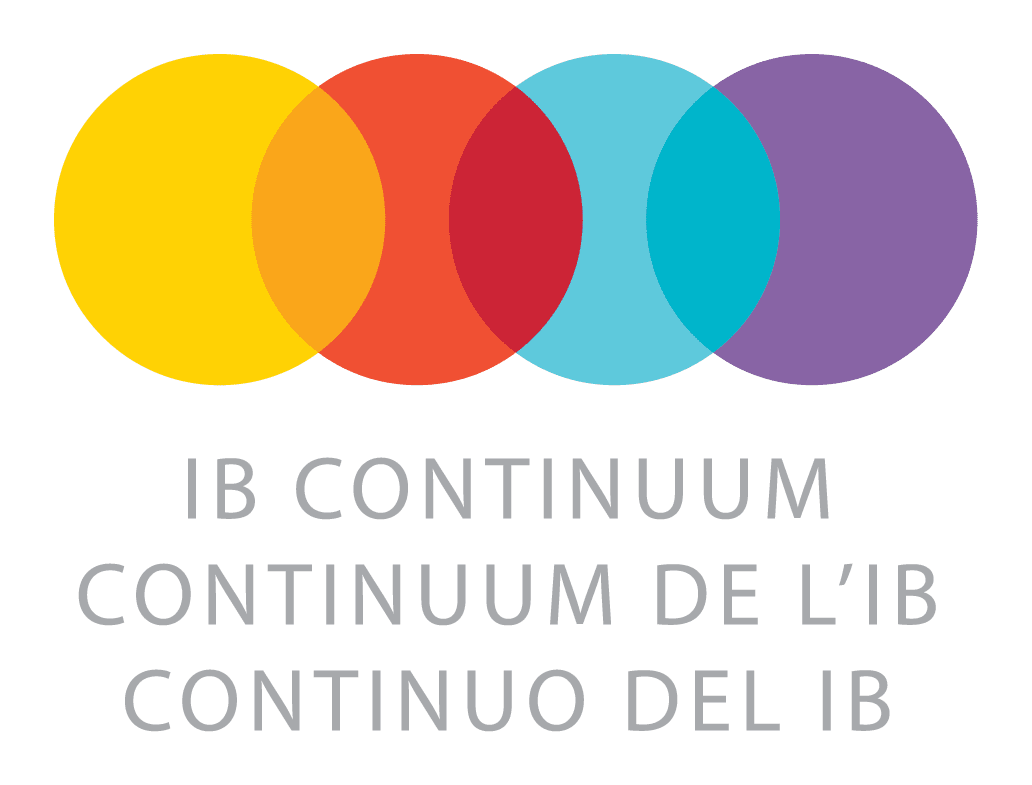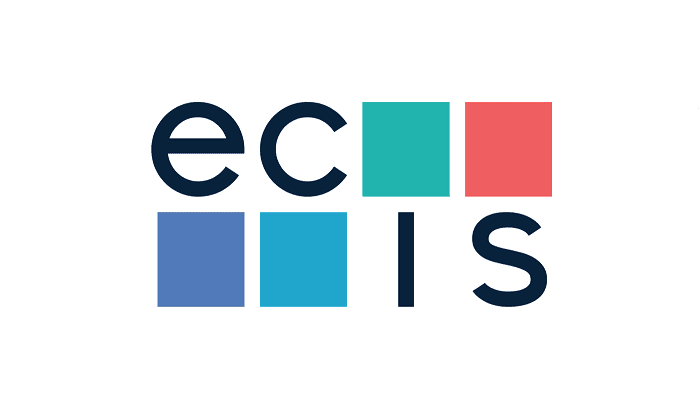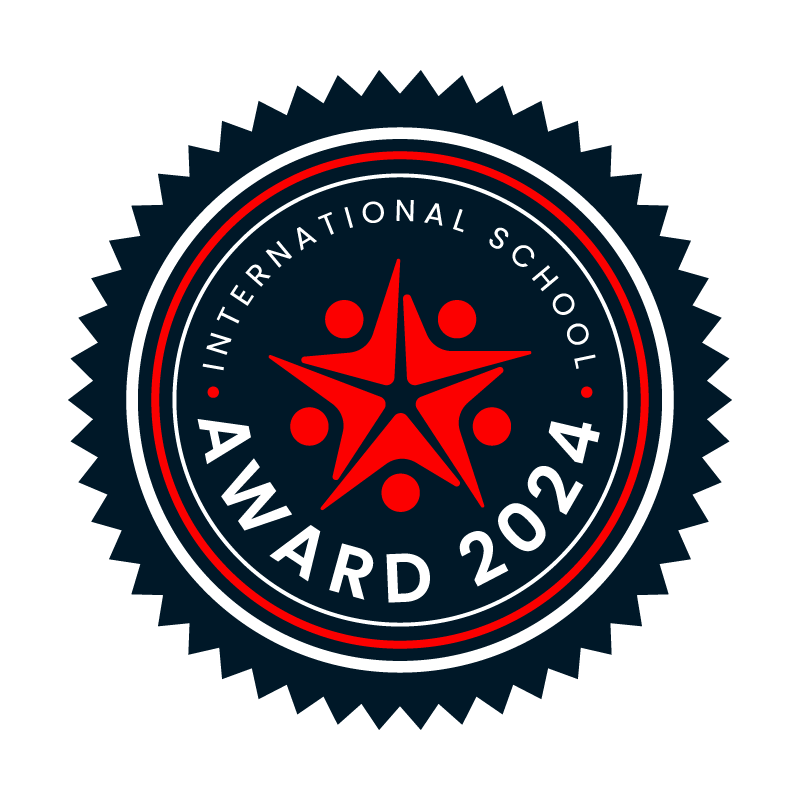
Jess Barga
Multi-disciplinary Musings on Perspective
Lately I’ve been dissecting the concept of perspective, trying to get a handle on what it is I want students to do when I say they should try on multiple perspectives. Trying to get a handle on what it is I myself want to do, really, when it comes to this essential habit of virtual mind-travel.
It’s not a coincidence that so many of the courses designed by the IB place heavy emphasis on perspective: it goes hand in hand with the idea that learners should develop intercultural understanding and the skills needed for global engagement. It would be impossible to approach either of these goals without at least a basic competence in climbing into the perspectives of those from other cultures, other belief systems, and other experiences from different parts of the globe. Probably, then, it’s to be expected that when we speak about perspective, we’re often referring to the idea of reading, watching and listening to a panoply of voices from all over the place. I do think this matters, and know that I benefited as a child from the coincidence of my education at a Spanish-bilingual school with teachers from many Latin American countries and Spain. I want the young people I work with to also see that the world is large, but through persistence and openness, we can embrace our shared humanity in ways that go beneath the surface.
If we think more broadly when we define perspective, though, we can help students invoke it on a daily basis to protect themselves from blows to their ego and the turbulence they are sure to encounter as they navigate life on both a personal and an academic level. The difficulties that new students face, for example, as they adapt to OYIS, or the anguish that newly-minted IB DP candidates describe in adjusting to the increased rigor of grade 11 have both reminded me of this lately. No life well lived is without its share of struggle, and at this time of year—our longest stretch of school without a holiday—this is especially evident.
To me, perspective is the most powerful weapon in my arsenal when it comes to defending my mental health and greeting life’s challenges with resolve instead of resignation. It is the only tool I know of that permits me to decenter myself and recognize a much bigger picture that I can fit myself into harmoniously, rather than perceiving it from the center where I’m attempting in vain to play ringmaster. It’s worthwhile to adopt the perspectives of other humans, past and present, as students learn to do in their Individuals & Societies or Language & Literature classes. But it also benefits us tremendously when we consider perspective from the disciplines of mathematics or visual arts. In math and art, perspective helps us perceive the multidimensionality of a landscape or geometric form, even when it’s presented to us in two dimensions. In photography, the effect of a composition changes dramatically when the photographer maneuvers to a new angle on their subject. Life, as a composition, is an incredibly complex mass of inputs, but acquiring the habit of peering at it from two or three angles at once brings us closer to objectivity, and can bring peace of mind when one of those angles reveals that our personal drama is less apocalyptic than we originally understood.
Most productive for me, though, is the concept of perspective when viewed through the lens of the natural sciences. Whereas the above versions of perspective can enlighten me to the views of other humans or the different approaches I can take to a dilemma, a scientific take on perspective is the only one that can instill me with pure wonder. Contemplating the age of the universe and the mysteries of its genesis, the size of our galaxy or the sheer number of celestial bodies it contains, brings me a perspective that eclipses all the trivia and turmoil of being human. A few minutes alone with the night sky or even online with the awe-inspiring astronomical photographs available to us is worth a hundred hours in a therapist’s office for me. It’s been a while since I was a serious student of the sciences, but the time spent studying physics in my formative years and a light but steady stream of creative literature about science is enough to allow me to access this perspective in ways that benefit me personally and professionally nearly every day.
Our programmes at OYIS are intentionally transdisciplinary, interdisciplinary, and multidisciplinary, and we do our best to make this feature authentic from early childhood up to grade 12. Perspective is one of many concepts that benefit from the intermingling of subjects, topics and disciplines. We hope our students will keep their heads in the stars because, paradoxically, it can help them keep their footing in the human jungle they are perpetually traversing on the ground.
If you’re interested in perspective, the sciences and creativity, consider reading Mary Oliver’s soul-soothing poem, “Wild Geese,” or Annie Dillard’s wild-eyed essay “Total Eclipse.” Your perspective will never be the same!
Share this post

Measurements of Success in Sports & Studies
You may have seen the new Netflix documentary ‘Beckham’, about one of England’s most well-known footballers. Near the start, Beckham
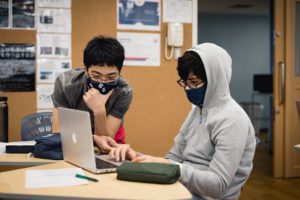
Sign up for the OYIS Scholarship Exam
Students who are eligible for Grades 10 or 11 in August 2023 are invited to take the 2022 Scholarship Exam.

OYIS Alumni Chat Series: Sibling Stories
Home > Welcome to OYIS Alumni Chats, a new blog series where we catch up with our alumni and see

Making, Keeping, and Revitalizing Your New Year’s Resolutions
Home > With a new year comes a new burst of energy, new motivation, new changes, and New Year’s resolutions.

The Summer We Choose to Remember: Conquering Negativity Bias with Mindfulness
Home > As the summer break comes to an end, I have found myself unconsciously reflecting on how I spent
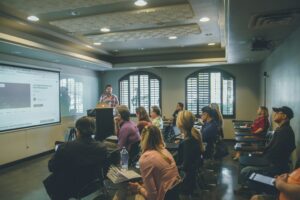
Professional Learning Event: Rethinking Assessment
Home > Osaka YMCA International School is hosting a professional learning event on Saturday, February 8, 2025. The focus of



